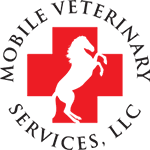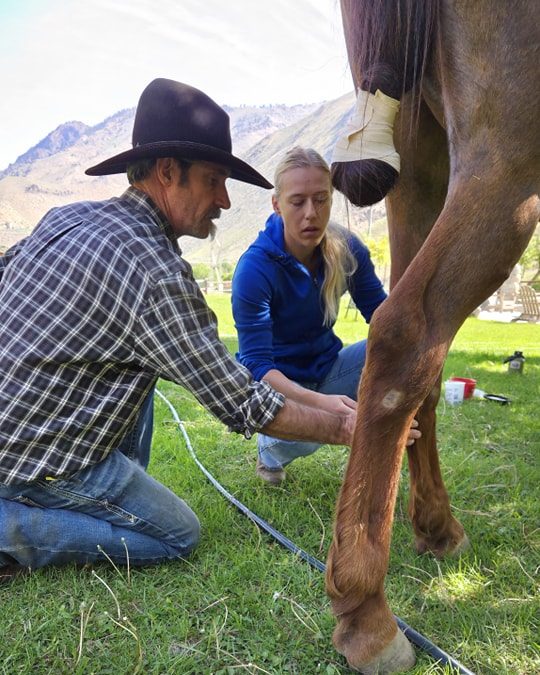For over 2 decades, I have been on call. No, not continually, but it is very much part of my life and “normal.” That said, nothing about being on call is normal. I often say that one of the things I love most about being an equine veterinarian is that no two days are the same. That goes double for being on call.
There are the clinical challenges of colics, laceration repairs, and whatever else a horse can manage to get themselves into, but it can also include a significant amount of travel and time management. One call may take you to Lakewood, followed by something up 285, and then something in Broomfield. As we keep in touch with everyone throughout the process, circumstances can shift quickly as we continually triage what is the most “life threatening” issue (a colic often supersedes a laceration… not always, but often), and it can take us in the opposite direction of the current, or next, emergency.
Weeknights On Call
A weeknight on call can be a bit daunting, after what may have been a grueling day of floating horse’s teeth, flexing legs for lameness exams and just using brain power to communicate clearly and help horse owners understand the issues their friends are facing. Lunch was in all likelihood had while on the road, sitting in the truck seat. On this hypothetical on call afternoon/ evening, I might have finally gotten all of the record keeping, communication, and other tasks that come in throughout the day completed anywhere between 4 and 7 pm. While we try to get as much of this as we can done throughout the day, there are areas in our practice that we have no service. While technology definitely helps get stuff done, when it doesn’t work, it just doesn’t work!
While making it home to start an evening routine of family time is great, there is a voice in the back of my head saying, “you can’t shut your brain down, you’re on call.” Any step of the way, the routine can be interrupted. When that ring comes through the phone that indicates an emergency, your blood pressure spikes just a bit even after decades of experience. No matter what I am doing, life at least pauses to give the client a call-back, and there’s a decent chance everything gets put on hold to go deal with the issue at hand. Whether that’s a colic, a laceration, eye issue, choke, or whatever other mess a horse can put themselves in!
Weekends on Call
A weekend on call might be even more disjointed! It’s tough to commit to much of anything. As the on-call doctor, I never want to start a project that I can’t just drop and (maybe) come back to later that day. Depending on the emergency load on a given Saturday and Sunday, it could be most of the day, the next day or even days later before you get a chance to return to whatever it was that you were doing. Even today (a Saturday morning), as I write this blog, as the on-call doctor, I am prepared to walk away at any moment and hope to be able to pick up my train of thought later!
One other piece of efficiency that is lost most of the time during an emergency call is the lack of our “right hand.” During a normal days’ work, you will rarely see an MVS doctor without their assistant. These individuals keep us going at so many levels of life! However, when we are on call, they aren’t at our side, so there is a general slowdown in the process and just more steps that the doctor has to deal with.
Mobile Veterinary Services would be considered by most a small to small/medium sized equine veterinary practice. I consider it a luxury that there is a shared duty between multiple doctors to handle the on-call load. Think about the single doctor practice. That person is carrying this mentality around day in and day out. That’s a lot! Especially after a full day of work. While it is the job that we love, it can be a mental and physical strain because being on call isn’t just a part of the job. It might really be considered an extra job on top of the normal day to day hustle of an equine ambulatory veterinarian.



